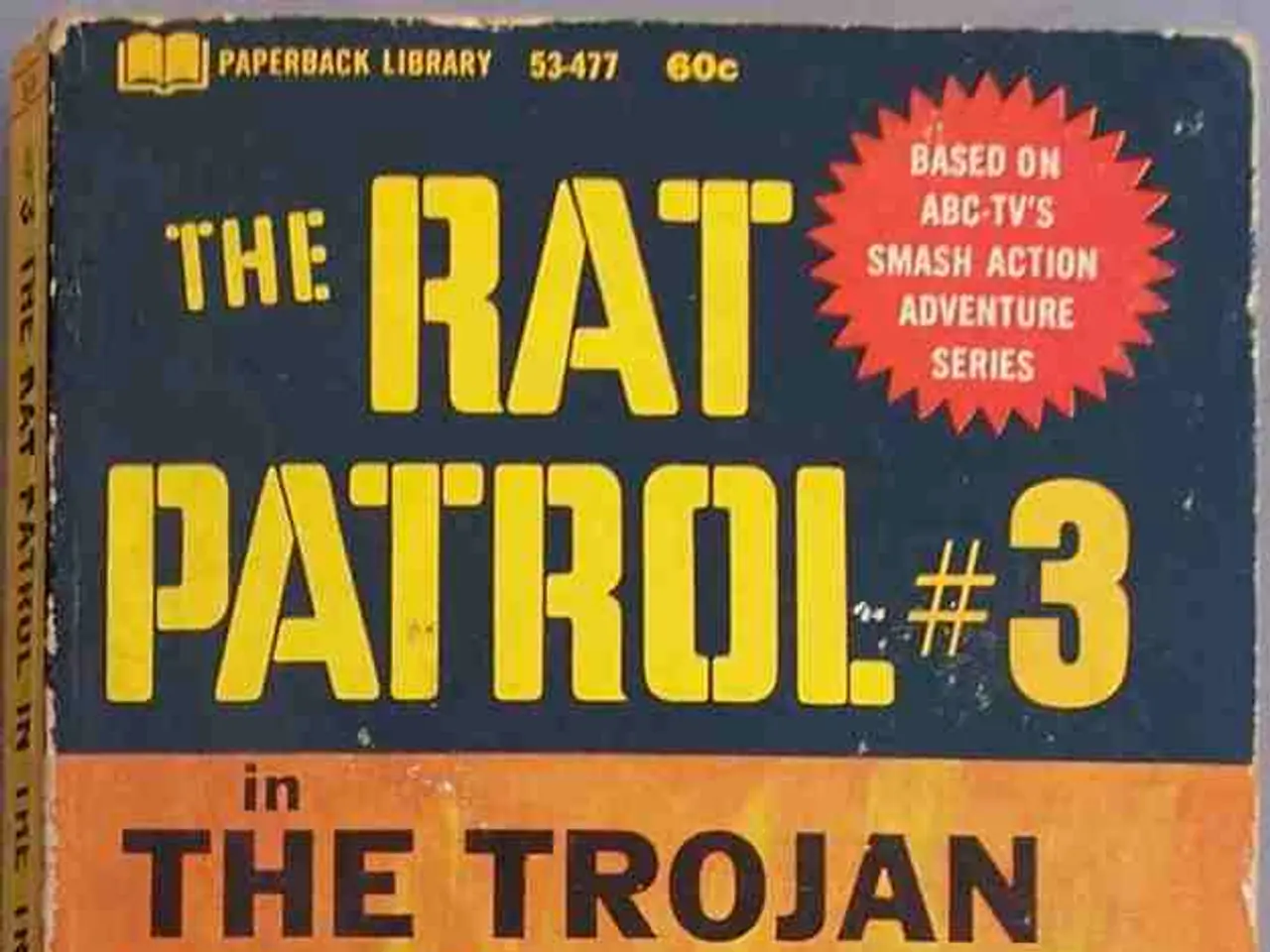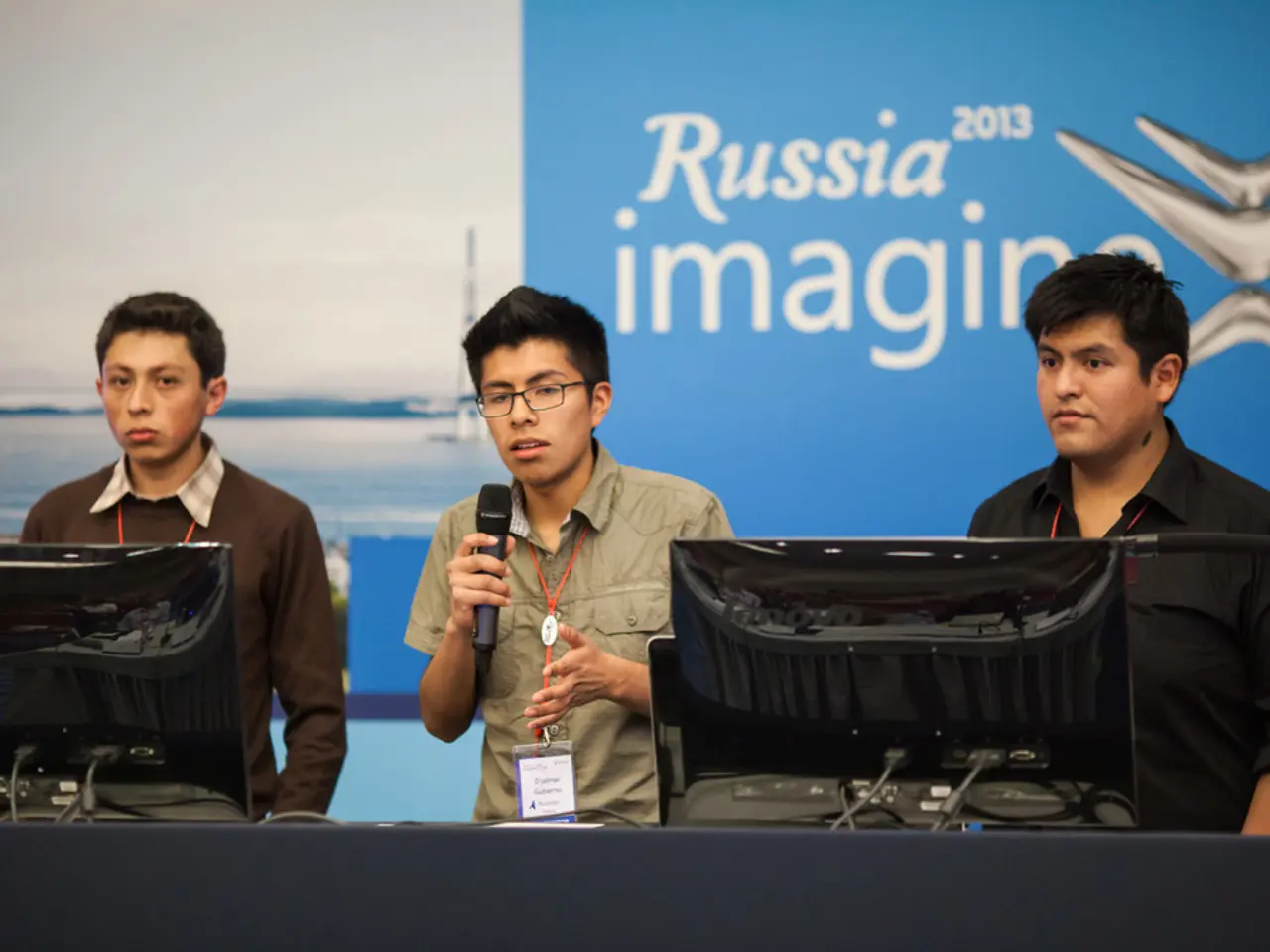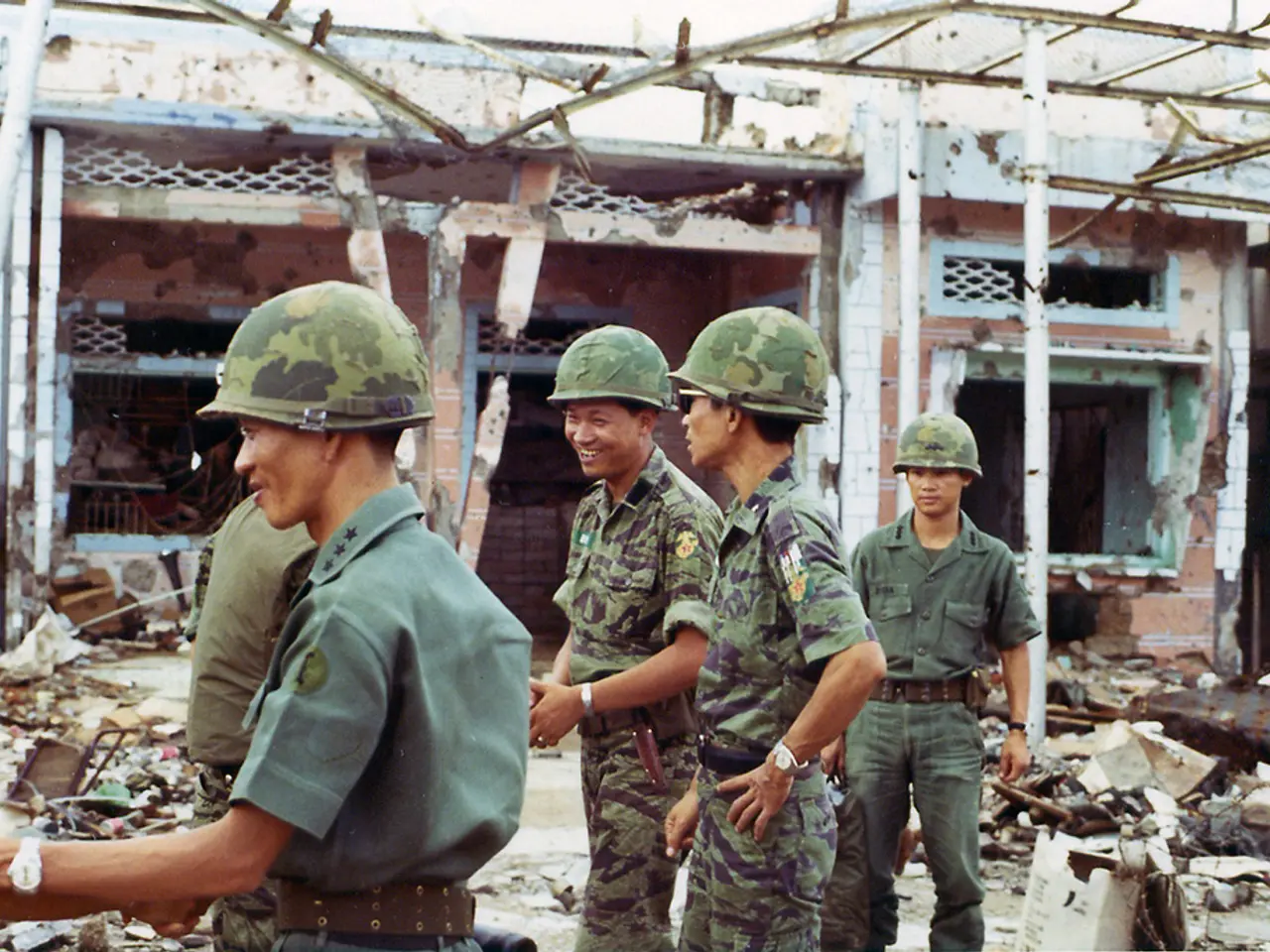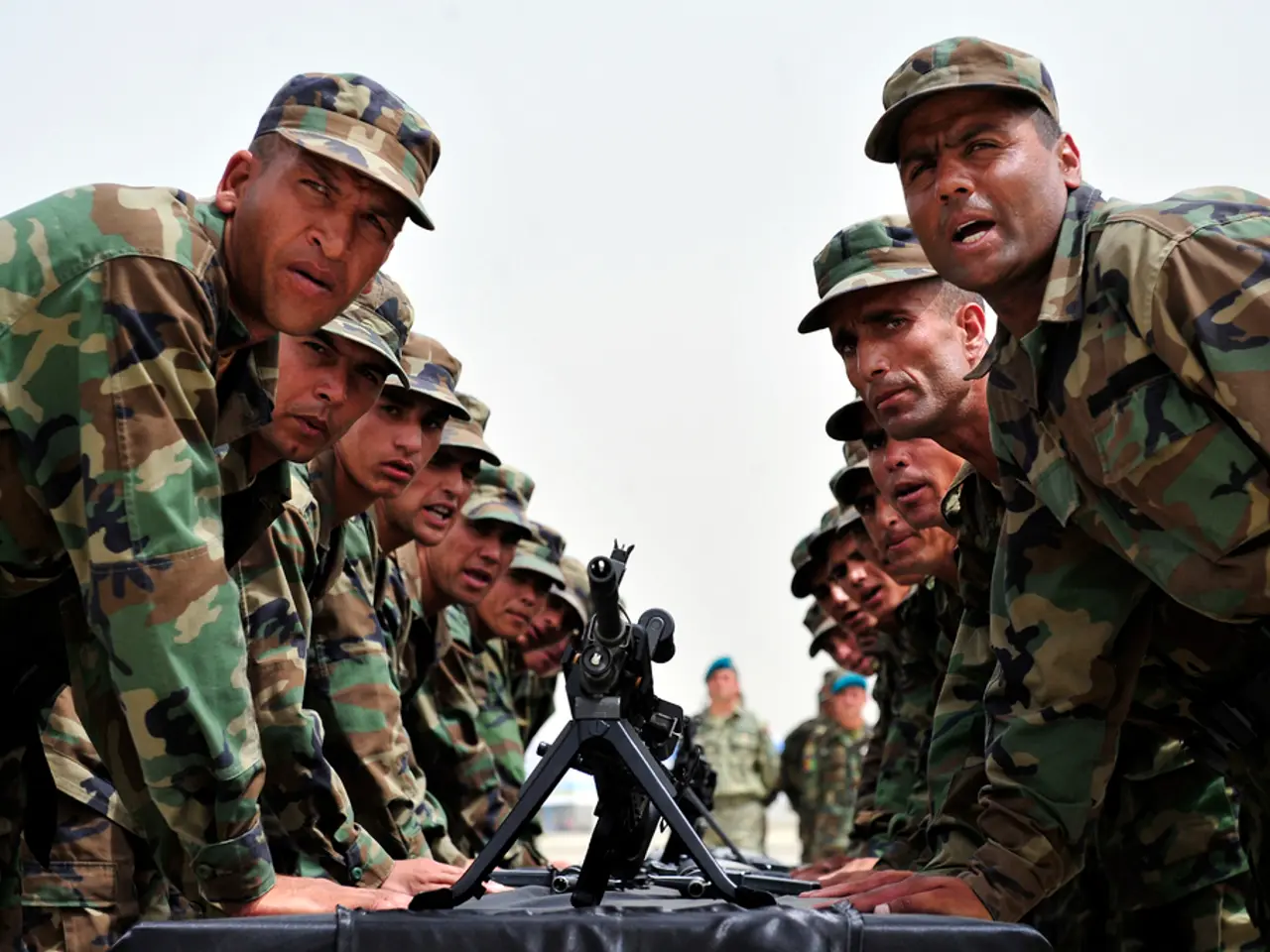Decline of the Anglo-Saxon Era?
In a recent memo, U.S. military commanders have sounded the alarm about the country's national security, warning of the growing threat from both internal and external enemies.
The internal enemies, primarily domestic opposition groups or political factions, are seen as obstacles to national unity and centralization of power, especially during times of conflict or political tension. These groups may include dissenting political parties, activists, or any group perceived as weakening the mobilization of essential resources and political cohesion needed for the war effort or national security.
On the other hand, the external enemies predominantly refer to foreign state actors that pose significant geopolitical and military threats. In the current context, China is identified as the main external adversary by the United States, viewed as a strategic competitor with ambitions to reshape the international order using economic, diplomatic, military, and technological power. Chinese state-sponsored cyber groups, such as Salt Typhoon, are described as external enemies engaging in cyber-espionage and sabotage preparations against critical U.S. infrastructure and military networks, blurring lines between peace and war.
The connection to the current political and military situation is that the perceived external enemy (China and its cyber operations) drives U.S. threat politics, resulting in increased centralization of government power and intensified security measures to counteract these threats. Concurrently, the government’s focus on external threats facilitates the designation and crackdown on internal enemies to maintain political unity and suppress dissent that could jeopardize the national security posture during this tense period.
The memo warns of China and Russia's efforts to reshape the world in their image, proliferate authoritarianism, and advance their ambitions, which are provocative, dangerous, and destabilizing. The vulnerability of U.S. weapon systems is only one aspect of a larger problem, with America's deeper vulnerability being "psychological."
U.S. elites and intelligence officers may not believe clear indicators of a possible impending surprise attack, according to Pry, due to America's strategic culture being conditioned to regard nuclear war as "unthinkable." The head of U.S. Strategic Command, Admiral Charles Richard, stated that the expansion of Russian and Chinese truck-mounted nuclear missiles is "breathtaking."
In light of these threats, U.S. top spies are looking for ways to declassify and release more intelligence about adversaries' bad behavior, after a group of four-star military commanders sent a rare and urgent plea asking for help in the information war against Russia and China. The memo signifies an unprecedented level of alarm from America's military leaders, who now recognize that Russia and China have "weaponized information."
The memo also states that China and Russia are employing all instruments of comprehensive national power to execute political warfare, manipulate the information environment, and co-opt international bodies. In his speech before the Russian Parliament, President Vladimir Putin accused an unnamed country of plotting the assassination of Belarussian dictator Alexander Lukashenko, justifying Russia’s ongoing military buildup.
As the world grapples with these threats, the need for truth in the non-totalitarian world becomes increasingly important. Our schools and universities have been overrun with Marxists and socialist radicals for many years, and our culture has been manipulated by a sophisticated campaign of deception and disinformation. The article suggests that America's freedom and existence may be threatened, with every government in the free world having been undermined by communists to some degree.
In conclusion, the current U.S. political and military environment is characterized by a dual framework of internal and external enemies. The internal enemies are seen as obstacles to national unity and centralization of power, while the external enemies, led by China, represent strategic rivals engaging in military, economic, technological, and cyber warfare threatening U.S. security. The government's focus on external threats facilitates the designation and crackdown on internal enemies to maintain political unity and suppress dissent that could jeopardize the national security posture during this tense period.
- The U.S. military commanders have expressed concern about the growing threat from internal and external enemies, suggesting a potential internal opposition or political factions posing obstacles to national unity.
- China, identified as the main external adversary, is viewed as a strategic competitor with ambitions to reshape the international order, posing significant geopolitical and military threats.
- Russian and Chinese state actors are seen as engaging in cyber-espionage and sabotage against critical U.S. infrastructure and military networks, blurring the lines between peace and war.
- The expansion of Russian and Chinese truck-mounted nuclear missiles presents a serious concern for U.S. Strategic Command.
- The memo indicates that Russia and China have "weaponized information," employing all instruments of comprehensive national power to manipulate the information environment and co-opt international bodies.
- The government's focus on external threats occasionally leads to a crackdown on internal enemies to maintain political unity and suppress dissent that could jeopardize the national security posture.
- According to the memo, China and Russia are intensifying their political warfare strategies, with President Vladimir Putin accusing an unnamed country of plotting the assassination of the Belarussian dictator to justify Russia’s ongoing military buildup.
- The vulnerability of U.S. weapon systems is just one aspect of a larger problem, with America's deeper vulnerability being the possible inability to perceive clear indicators of a potential surprise attack due to strategic conditioning.
- The need for truth and transparency in the free world becomes increasingly important, given the potential threat to America's freedom and existence from internal political factions and external strategic competitors like Russia and China.








